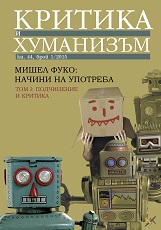
We kindly inform you that, as long as the subject affiliation of our 300.000+ articles is in progress, you might get unsufficient or no results on your third level or second level search. In this case, please broaden your search criteria.

The essay reviews the general theories of one of the most remarkable reform politicians of Hungary, Ferenc Deák on law. A part of the professional literature debates whether the famous politician had any coherent and reasoned philosophical concepts are based on his essays. This paper attempts to justify that the pragmatic politics and legislative activity of Deák was led by conscious principles of natural law. In his system of ideas, not only progressive antique and humanistic elements but also the modern philosophical trends of the 18th century are present. Deák considered law and morality to be in an organic unity. As a politician and legislator, his main idea was the respect of law, the attachment to acts and the strong belief in moral fortitude.
More...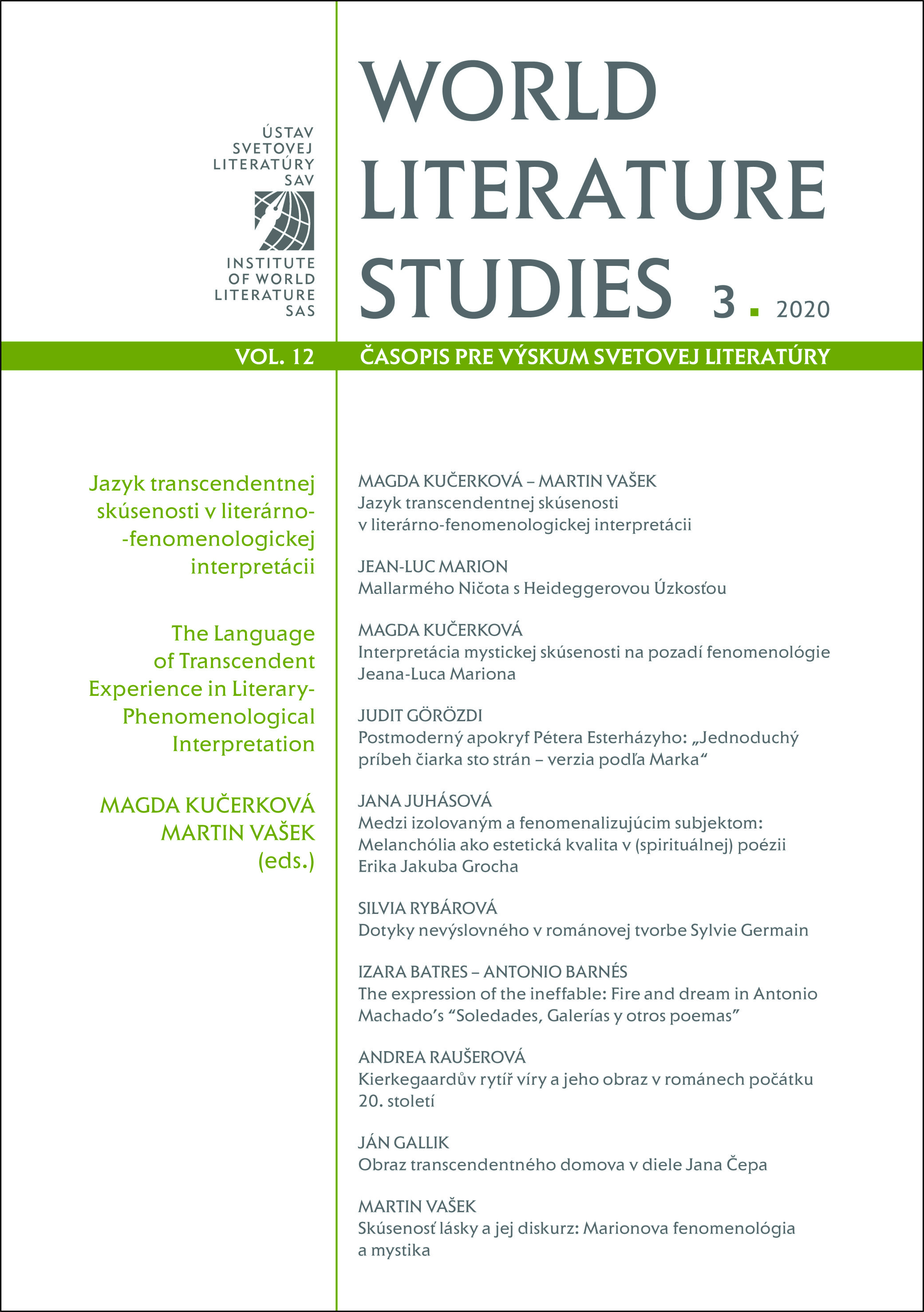
The Czech writer, essayist and translator Jan Čep (1902–1974), whose work displays his Catholic orientation, is considered to be one of the most original and thoughtful Czech Christian thinkers. This interpretation of selected works by Čep aims to build on existing research, to deepen the views of his artistic language and imagery, and to analyse the means of expression created by the author’ s philosophical-reflexive and meditative lyrism, often alluding to a contemplative position. In a special way, the metaphysical image of the dual home (first homeas a temporary dwelling for earthly existence, which is the image and parable of the second – permanent – home in heaven) emerges from the poetics constituted in this way (based on both artistic and spiritual vision of the world), which thematically reads from Čep’ s transcendent experience. In this analysis, the phenomenological view appears to be an adequate methodological approach alongside literary interpretation.
More...
Continuing the tradition of classical French philosophy (Montaigne, Descartes, Pascal), Jean-Paul Sartre links the concept of freedom to the essence of the human being. Freedom precedes essence, while also having the ability to generate its own nothingness. Thrown into the opacity and loneliness of the world, man is ”sentenced to freedom”, acquiring his authenticity only through the choices he makes. God does not exist, so the whole weight of the world hangs on his shoulders, and behind him there is nothing but nothingness. By choosing himself, man in fact chooses the entire human condition. Suspended in the void, without any support from anywhere, man is condemned every moment to reinvent himself and all of humanity. Oreste, in Sartre’s ”The Flies”, knows that freedom is a ”human business” and that when freedom has ”exploded” in a man's soul, the gods can do nothing. Man is free to constantly invent and reinvent himself, according to his own will, according to his own destiny. Man can never be anything other than what he himself has decided to become. Consequently, to be means, in fact, to choose, to opt for one situation or another, for one existential paradigm, or another. Every situation is unique and open to freedom, since man is the one who chooses it, the one who gives it one meaning or another. In the configuration of our freedom, it is our subjective nature and not external reality that plays the essential role.
More...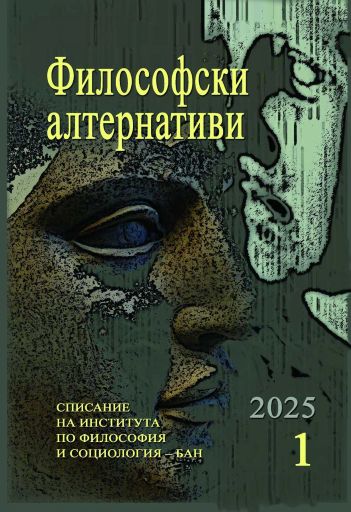
This paper argues that the meaningfulness of life is dependent on and determined by the certain knowledge of a person’s life, intentional pursuit, and the fulfillment of purpose. This ultimately opens up challenges on the need to clarify the nature of the meaningfulness of life. The quest towards the understanding of life raises fundamental questions such as: What or who defines a person’s purpose and allocates purpose? Does purpose have an essential or existential trait? How are the concepts of existentialism and essentialism connected and what role(s) do both play in the exploration of the idea of meaningfulness of life? This paper adopts a critical-comparative analysis of two distinct characters from two different socio-political backgrounds and art genres: Ian Flemings’ James Bond 007 (a film) and Wole Soyinka’s King’s Horseman (Elesin Oba) (a play) to provide clarity and context to the roles known purpose, commitment and free choice play in the analysis and determination of meaningfulness (lessness) of life. The value of this discourse to knowledge is in the exploration of the contradicting but complementary contributions of existentialism and essentialism to the understanding of the meaningfulness of life as well as the roles free choice and commitment to purpose play.
More...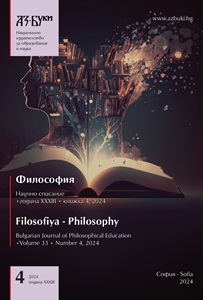
This paper is the text of a lecture given at Sofia University St. Kliment Ohridski on 2 November 2023 at the invitation of Professor Irena Kristeva. Its purpose is to retrace the path of my research, from the question of the Animal in the eighteenth century to the theme, at the same time, of the environment associated with the construction of the modern Ego and which gave rise to my latest book published in 2020: Figures of the Self and the Natural Environment in the Eighteenth Century. Throughout, the common thread remains to understand the link between these two processes and the new Anthropology being established at the time, whether in terms of the new definition of Man in general in relation to the Animal, or of the Self in relation to the natural Environment. At the same time, this sensitivity to Nature paved the way for our contemporary ecology, both scientific and political.
More...
Considering the leading position in the ontology of philosophy sessions at present, namely: building of “community of inquiry”, here I discuss the advantages and the horizon that are created to philosophy and philosophizing through the ontology of projectizing (producing, creating) community. The ontologies of research on the one hand and project ontologies on the other differ.In this way, philosophy is engaged with caring thinking on the projectivity beings.
More...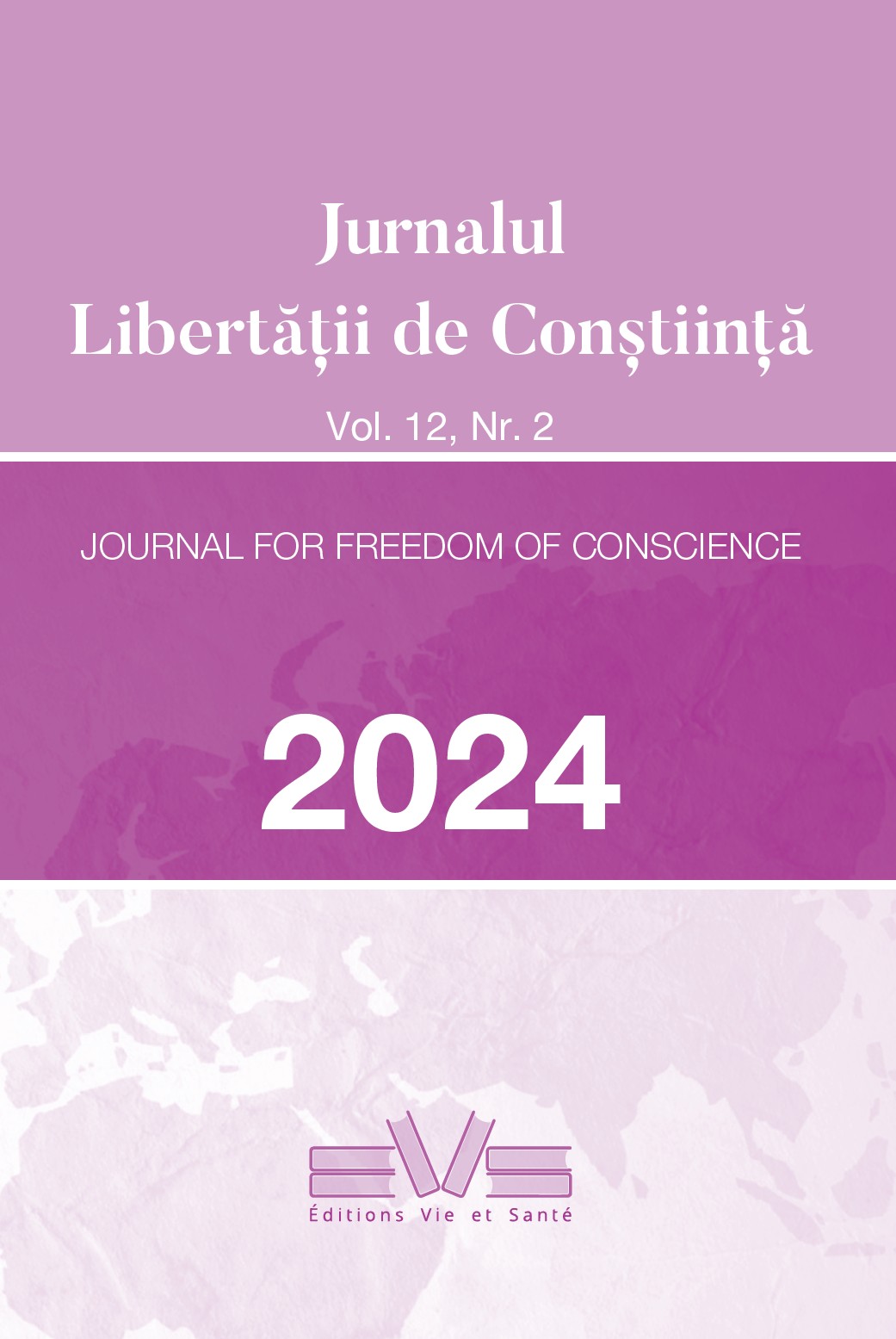
The text from Genesis 34 tells the story of a young girl around whom a terrible drama unfolds. We will try to clarify the nature of these offenses and discover who is guilty and why. Sometimes love turns into violence, even though it should bring harmony and peace. A careful reading of this text reveals traces showing us that educational values are always relevant in a pluralistic and individualistic world. Interpretations of this text may diverge, and explanations of the events are multiple. Freedom of speech and traditions must have a humanistic and pacifistic nature, and the distortion of these meanings can take on the guise of intolerance and resentment. Authentic values are those that influence a life and make it beautiful.
More...
Throughout his history, man has proven himself to be a creative creature. The paper contrasts man and IA, discussing in this respect the meaning of the Turing Test and the value of reference for the human being, in fact consecrated by the Turing Test. In Lucian Blaga’s philosophical system, we find a beautiful plea for the uniqueness (singularity) of man, defined as a cultural mutation in the universe. This beautiful perspective brought to philosophy by Lucian Blaga is by no means something exotic (in a negative sense): we find resonances of this perspective in the philosophy of Ernst Cassirer, Richard Rorty, Basarab Nicolescu and Mihai Drăgănescu. As man is the measure of all things in the universe in which he lives, a measure of creative man is that he provides his own living environment, as an interface for the natural environment or even as a substitute for the natural environment in various concrete circumstances and in some interpretive perspectives. Another measure of human creativity, but without reducing everything to these two aspects selected for discussion, will be the creation of artificial man, the AI. However, cumulating our interpretation of the Turing Test and of Lucian Blaga’s vision upon the singularity of man, either this achievement will be called “human” (an intelligence or a “mind”), or it will be able to be recognized as an instance of authentic thinking being when it will manifest at least a relative detachment from the program, through metaphorical capacities derived from the algorithmic programming, proving its “learning” dimension or, unexpectedly (spontaneously), in relation to its programming.
More...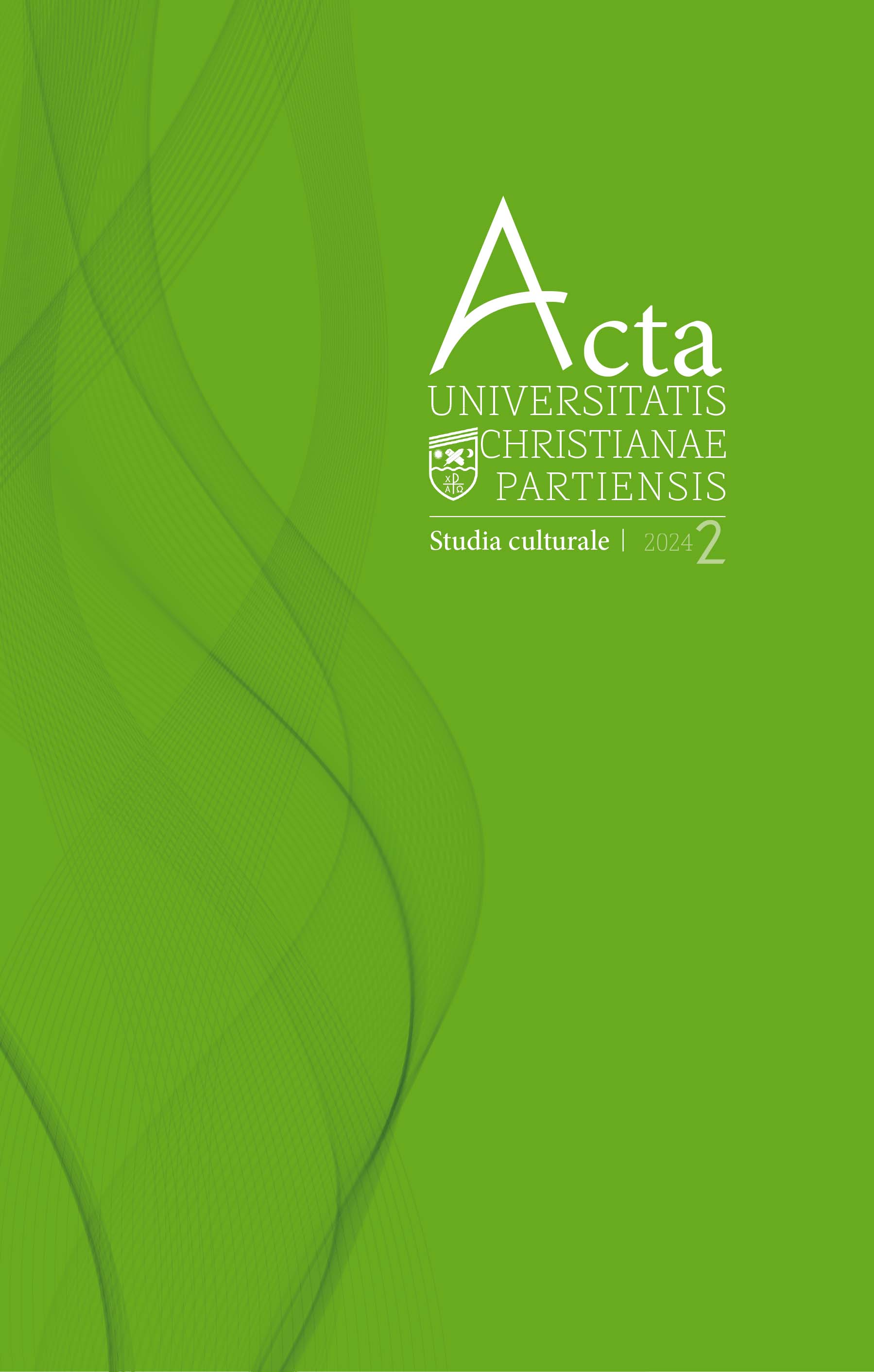
Various pragmatic misunderstandings can be observed in Szekler's jokes. These misunderstandings are typical of the Szekler way of thinking. They are constructed by creating anti-maxims in contradiction with Grice's maxims. Szeklers do not want to lose their authority, try to hide their narrow-mindedness, or even emphasize their cunning nature. Knowledge of language misunderstandings and the worldview of the Szeklers helps to find the source of humor and to gain comprehensive knowledge about the world of the Szeklers.
More...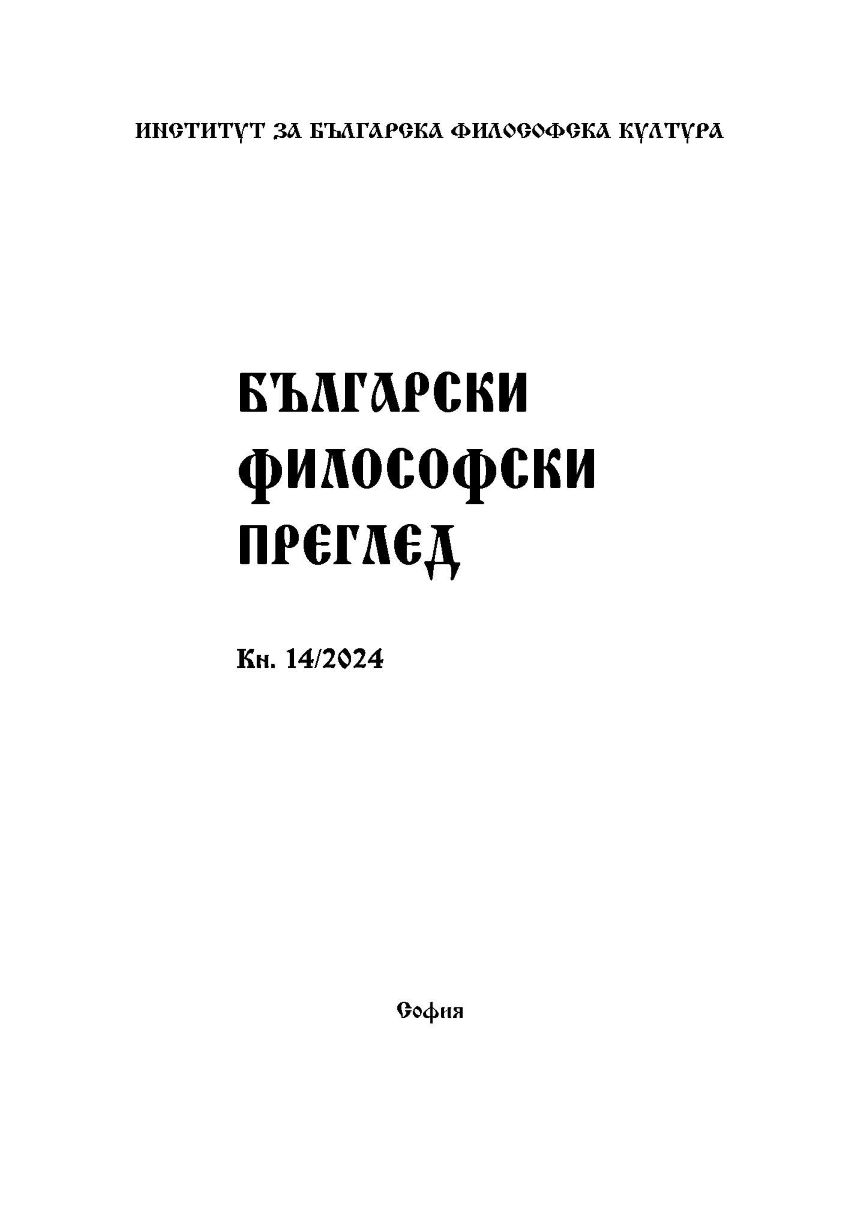
The article explores a rarely studied topic – theWesternism of Marx and Engels. In a theoretical and abstract framework, they anticipate that, in the course of capitalist development, national distinctions will gradually disappear, eventually ceasing to exist entirely under communism, along with class divisions. National oppression is also expected to vanish. In line with these broad ideas, the „Сlassics” condemn the destructive impact of Western expansion on the countries and regions affected by this expansion. Marx and Engels, particularly the former, compiled a well-documented dossier on the West's crimes in subjugated countries and regions. However, they also firmly believed that the victims of this expansion were deserving of their fate because they stood as obstacles to „progress”, being perceived as „barbarians” obstructing the path of Western civilization. This viewpoint provides a form of philosophical justification for these crimes. Subsequently, as an alternative to Westernism, I briefly examine the symbiotic relationships between the archai cand modern elements in certain Eastern societies (Japan, India, and China). The conclusion offers a brief comparison of the Westernism of Marx and Engels with contemporary Westernists and outspoken anti-communists.
More...
The article is an attempt to take stock of personal experience related to studying the topic of ideology in the 1980s in the philosophy faculties of Bulgaria and with the discussions on this topic. Initially, it reconstructed the way in which the original texts of Marx and Engels were read, which contrasted with the circulating official versions. Then it draws attention to a deficient moment in education related to the neglect of a certain type of interpretations following the work of Antonio Gramsci, enjoying at the same time an increased interest in the world. Finally, it offers an attempt to explain the meaning of alternative readings of ideology, related, on the one hand, to the work of Louis Althusser, on the other, to that of N. Abercrombie, B. Turner, St. Hill, who break with the traditional idea of a direct relationship between the economic structure of society and ideology, as well as of the relationship between a ruling class and an oppressive ideology. Against this background, the problem of the relationship between ideology and morality is addressed and the thesis is defended that morality may not be a form of ideology, but a critique of ideology.
More...
The article is based on the thesis that not being a communist is not only a negation, but also a definite ideological and life credo. The author dwells on the topic not so much because he needs to debate on communism, but rather to defend before himself about the fact that he is not a communist and why he cannot be one. He is alien to communism which instead of help, holds out the banner of revolution. Communism's last word is rule, not rescue: its slogan is power, not help. It does not consider poverty, hunger, unemployment to be an unbearable pain and shame, but a welcome reserve of dark forces, an impetus for mass rage and resistance. According to him, “the social system is to blame for this”. All of us are guilty of this, whether we ignore human misery with our hands in our pockets or with the flag of revolution in hand.
More...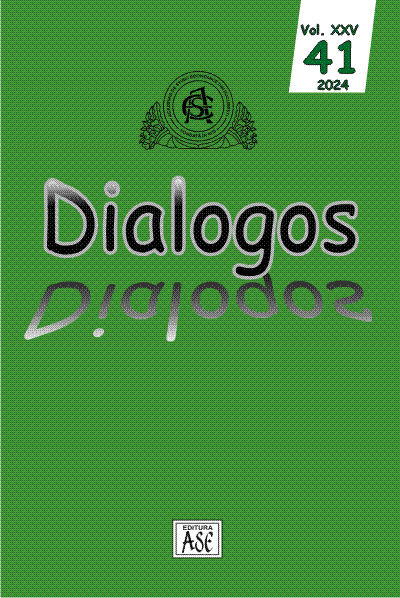
This philosophical article is located at the intersection of hermeneutics and literary analysis. Scriptures and exegeses have been studied as literature for a long time (Berlin, 2016). The premise is that the Quran is a literary text and so is the exegesis the Risale-i Nur (Nursi & Vahide, 1995; Nursi, 2005) which is a contemporary interpretation of the Quran, relevant to this discussion. The article presents a textual analysis and a discussion of general human condition in light of key verses from two surahs/chapters from the Quran, supported by interpretation and further explanation from selected thoughts of the Risale-i Nur (The Treatise of Light) (Nursi & Vahide, 1995; Nursi, 2005) and selected Hadiths/the Prophetic Traditions. The discussion leads to a synthesis where the extent of man’s accountability in life and in this world is presented primarily in light of Nursi’s interpretation. While weighing the impact of man’s actions and the degree of his responsibility in his personal and social life, the article concludes by affirming the wisdom of surah Asr “Time” (Quran:103) in positioning the human as a contingent being who is at the mercy of a Higher Being who is in control of everything while sustaining man. The article showcases the condition of man as a state of ‘loss’ which is two-fold. Firstly, it is in terms of man’s contribution to generating a lost society that is ravaged by man’s egocentric actions, which may result in frustration, conflict, wars, economic and political turmoil, general chaos, and fear, among others. Secondly, it involves man’s inability to deal with setbacks and calamities triggered by natural phenomena, which include diseases and other problems. Unless man remains patient, resilient, and submitted to the Higher Being, he cannot cope with and deal with these issues in his life. Thus, once he relies on the Higher Being and does not complain, man confirms the verses in surah At-Tin “The Fig” (Quran: 95), that states that man is of “best of stature”, as God intended him to be. It is only patience in adversity, belief and trust in God, and gratitude that bring solace to man’s condition.
More...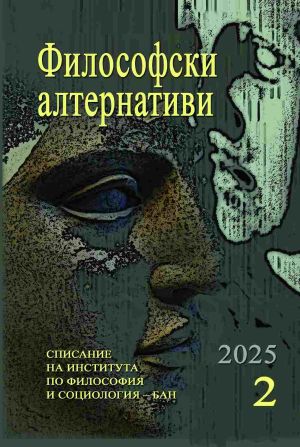
This article examines the main concept in Moritz Geiger’s aesthetics – the aesthetic attitude – which, as an extension of the phenomenological concept attitude, describes the art-oriented (art-attuned) self. The very concept of attitude always refers to the intimate turning towards (orientation) either the world or art. At the same time, however, there exists another third attitude, which is capable of describing the intimacy of both the aesthetic and the world attitude, and which is inferred as a logical necessity without any evidence of what precisely this third attitude is. This indicates the existence of methodological ambiguity in contemporary music philosophy and musicology. The possibility of elucidating it – by revealing the musical-phenomenological dimensions of Geiger's aesthetics – is one of the conceptual horizons of this article, while the relations between the three attitudes are part of the conditions in which its theme unfolds. In order to clarify the aesthetic attitude, Geiger introduces additional concepts, namely outer concentration and value perception. Geiger analyses their modus operandi phenomenologically, and this makes it possible to reveal the musical-phenomenological dimensions of the aesthetic attitude, which directly links it to themes and ideas in musical-philosophical literature. Musical-philosophical concepts such as musical nomos, transcendental musical synthesis, and the faculty of co-being enable Geiger's ideas to be developed and placed into a concrete musical-philosophical perspective that sees the relationship between the self and music as fundamental and autonomous.
More...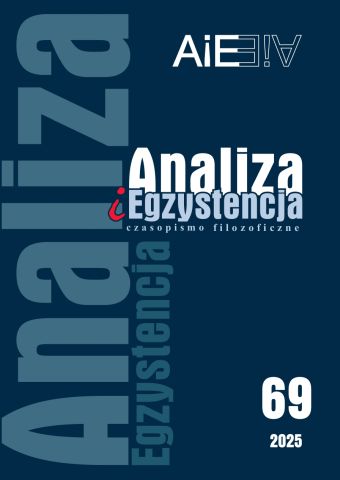
The article aims to showcase the usefulness of Jerzy Kmita’s methodology of historical epistemology for research in the field of the history of psychology analyzing the example of Krystyna Zamiara’s research of the dynamics of psychological concepts and programs. Both Zamiara and Kmita were members of the Poznań Methodological School that began to form in 1960s and developed in 1970s at Adam Mickiewicz University in Poznań. Historical epistemology is a methodology of studying the process of the development of science, based on Marks’s dialectical materialism. It assumes that science is a social practice which development is determined by social, historical processes as well as ontological and epistemological assumptions of any scientific societies. Krystyna Zamiara applied historical epistemology to study covert assumptions determining the development of psychological programs. She also analyzed the development and the use of the notion of psychological parallelism and the consequences of accepting or rejecting parallelism for modern psychology. The article also points to similarities between Krystyna Zamiara’s historiography of psychology and the critical psychology in terms of philosophical inspirations, research subjects and goals. In the light of the identified similarities, Krystyna Zamiara can be considered a precursor of critical historiography of psychology in Poland
More...
The paper presents Giorgio Agamben's philosophical-social stance in analyzing the particular situation of the pandemic. The latter is considered in terms of the power associated with biomedical expertise (biopower). The predisposition of the disciplines of knowledge to transcend their epistemic limitations, along with the interest of power in preserving life at all costs in the conditions of a perennial state of emergency, presents the human being as stripped of sociality and emotionality. Agamben's skepticism of measures and medical expertise during the pandemic is founded on a philosophical postulate: Human life cannot be protected at all costs, without stripping it of its very essence. As a consequence, the social inscribed in the condition of a perennial state of emergency, transcend the ethical and human limits of the human condition. Most of these scenarios are examined using gestures, figures, and social practices such as extreme social isolation, quarantine, and the prohibition of funeral ceremonies. Many of these social practices lost their meaning and function during the pandemic, suspending the individual and paralyzing the social body. Agamben's critical theory, from this perspective, preserves the dimensions of sociality, affection, dignity, and individuality as inviolable and defining elements of a human being.
More...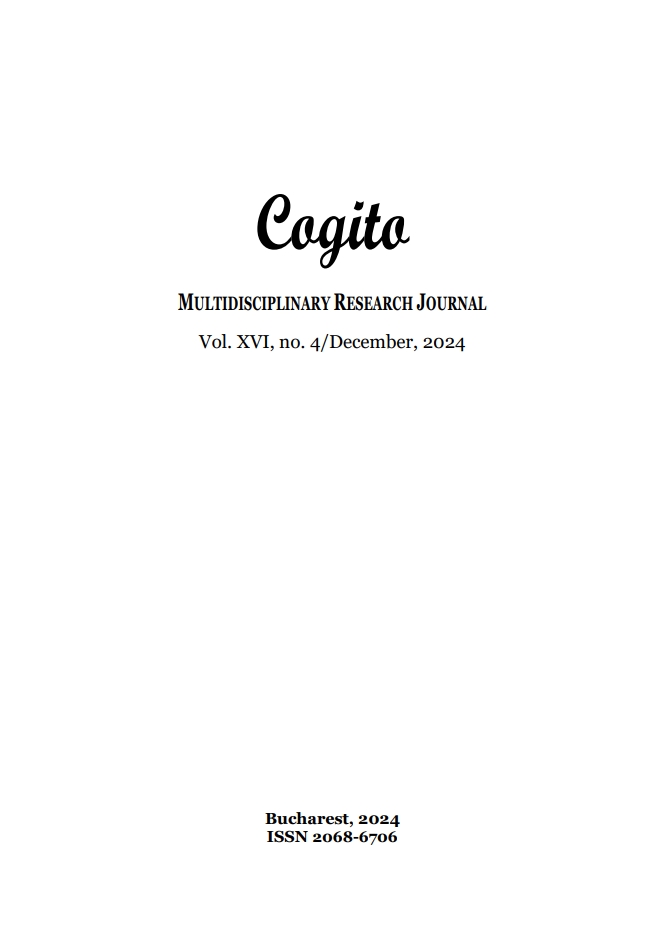
This inquiry explores the potential for Kant’s transcendental philosophy to offer a tangible, life-saving reconciliation between Orthodox Christian doctrine and the essence of general Christian humanism with respect to organ donation and transplantation. It questions, and answers affirmatively, whether Kant can serve as more than a symbolic figure, proposing that his framework, particularly in its apophatic elements, might align with Orthodox Christian perspectives on morality and ethics and their revealed essence. By examining the compatibility between Kantian ethics and the doctrines of Christian altruism and self-sacrifice, the study suggests that Kant’s philosophy could bridge the gap between traditional religious beliefs and contemporary ethical challenges, such as organ transplantation. This reconciliation could lead to a more holistic understanding of morality that respects both the sanctity of life as emphasized by the Church and the imperatives of modern medical science. Thus, Kant’s thought might not only endure as a philosophical legacy but actively contribute to ethical decision-making and the preservation of life today.
More...
The article is focused on finding out when and to what extent the intergenerational aspect is incorporated in Rawls’ theory of justice: whether it is incorporated at a later stage as an extension of Rawls’ main ideas on social justice to the relations between generations, or adopted in advance and in a much more complex way than it appears at first glance stretching all over his theory. If the latter is the case, then it should have further implications on Rawls’ theory of justice in terms of its general direction and main commitment. Inspired by the experiences of post-Soviet societies, in particular, their initiatives to reform institutions within the liberal democratic frame in order to create durable and resilient ones, and invoking the theoretical framework by North, Wallis, and Weingast, the article proposes a new reading of Rawls’ theory of justice from the intergenerational aspect.
More...
This paper investigates new strategies of cultural interpretation of literary texts in order to probe depths of meaning with which the blank spaces can be filled in. Either a semiotic or a semantic approach can reveal various facets of a cultural product. The text refers to something, to a reality that is recreated, and projected into a fictional reality. The narrative acts as an attempt to shape a world after the resemblance of the real one. The temporal background of human experience always offers an intrigue for the complex interplay between the indirect reference to the past and the shaping reference to fiction. The essential step in the exploration of textual semantics can be achieved through multiple readings. The concept of how the reader understands the texts of artistic literature is a synthesis of learning theories in psychology and text theories in semiotics, pragmatics, and linguistics of the twenty first century and subsumes the stated intention to study interpretation as a complex process. The issue of the subjective dimension of understanding was addressed in the sequence devoted to reading literary texts justified by the different profile of readers specified in different cognitive structures, affective structures, and reading intentions. The personal character of reception is highlighted in the case of comprehension and interpretation of literary texts, whose structure creates spaces, manifestation of subjectivity, and type of text that places readers with different profiles. Outlined from the perspective of these demands, the literature lecture should be a space for initiation in reading and culture, and a space for intellectual debates and critical thinking.
More...